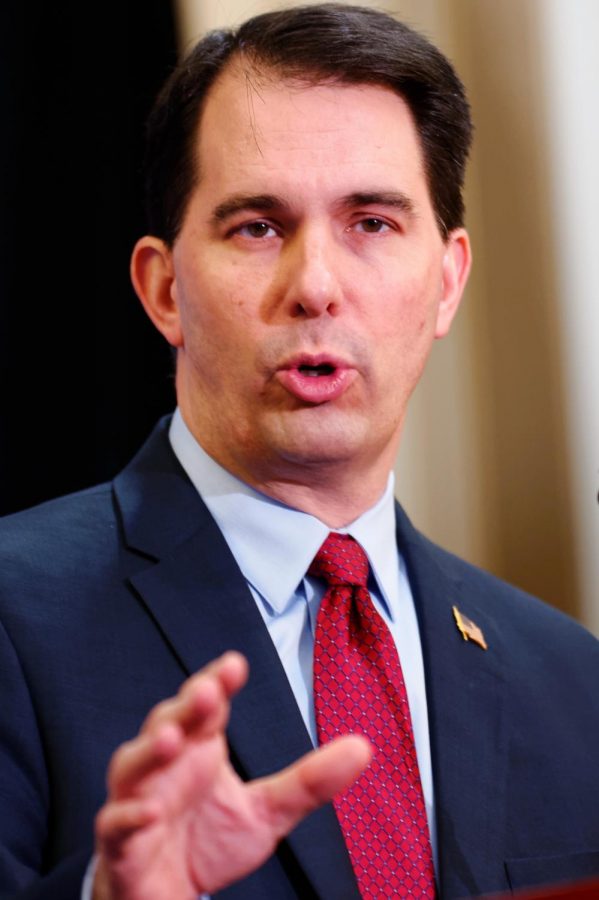 Between the shutdown of the U.S. government and the launch of the Affordable Care Act insurance exchanges, opinions about the act and the spin being put on it are rampant and hard to ignore.
Between the shutdown of the U.S. government and the launch of the Affordable Care Act insurance exchanges, opinions about the act and the spin being put on it are rampant and hard to ignore.
At its core, The ACA massively expands health insurance, making it available to more people. It’s going to provide subsidies to families and individuals who can’t afford coverage, and it is officially making it illegal to deny coverage for preexisting conditions. That said, until I recently read up on the the specifics of the ACA, I didn’t really understand it.
This column will be the first in a three part series. What follows will look into how we as a nation got to this point, and why something had to be done with the current system. The next columns will highlight the positives and negatives of the ACA and then a look at the act after its first two weeks.
Watching the news this week I saw three main things. First, liberals were praising the ACA and President Obama. Second –and most predominantly – critics of the ACA, namely conservatives, continued to claim that the policy will be ineffective and is massive government overreach. Finally, and unfortunately, in the smallest percentage, unbiased coverage of the ACA describing how it will affect the average American.
One thing all three of these had in common was the general consensus that something had to be done. No one, myself included, is happy with how the system worked before the bill passed. Yet, neither side is entirely satisfied with Obama’s legacy legislation. Many Republicans think the act is governmental overreach and many Democrats don’t think it goes far enough. There are gaping holes and no one seems prepared to fill them.
So how did we get here, why does America need the ACA, and why do we need individual mandates?
According to an article in Forbes, the earliest traces of the individual mandate came in 1986 with the Emergency Medical Treatment and Active Labor Act. That would later be revised by a 1989 proposal by the conservative Heritage Foundation.
EMTALA passed as a part of the Consolidated Omnibus Budget Reconciliation Act, which allows former employees to stay on with their company’s health insurance provider for a limited time. EMTALA basically required hospitals accepting Medicare to treat anyone who came to the emergency room, regardless of their coverage. However, this created an economic problem – the free rider concept. People were abusing the system because they knew hospitals had to treat them regardless of the status of their current insurance coverage.
The next step came in 1993 when Bill Clinton proposed a plan that would require employers to provide health care to all employees through a regulated insurance marketplace. This bill didn’t pass, as it was seen as too complex.
The Republican party then introduced a counter plan to Clinton’s. The Health Equity and Access Reform Today Act introduced the universal coverage requirement with a penalty for violating it. It also included an individual mandate and government subsidies.
Both bills failed.
The next attempt came in 2006 when Mitt Romney successfully enacted an individual insurance mandate and insurance exchange in the state of Massachusetts. His bill was lauded by both parties.
In 2007, the Healthy Americans Act was introduced and was received with excitement. Unfortunately, it would stall once it reached committee. The HAA featured an individual mandate and state regulated insurance changes.
All of these previous acts laid the groundwork for today’s health care debate and eventually the ACA.
The opinions concerning the ACA are vast and plentiful. The act has certain strengths and weaknesses, and next week I will take a more in-depth look at them.
The contemporary debate on health care in the United States started back in 1986. It wouldn’t be until 2013 that something passed on a national level. As to how effective it will be, only the future can tell.












